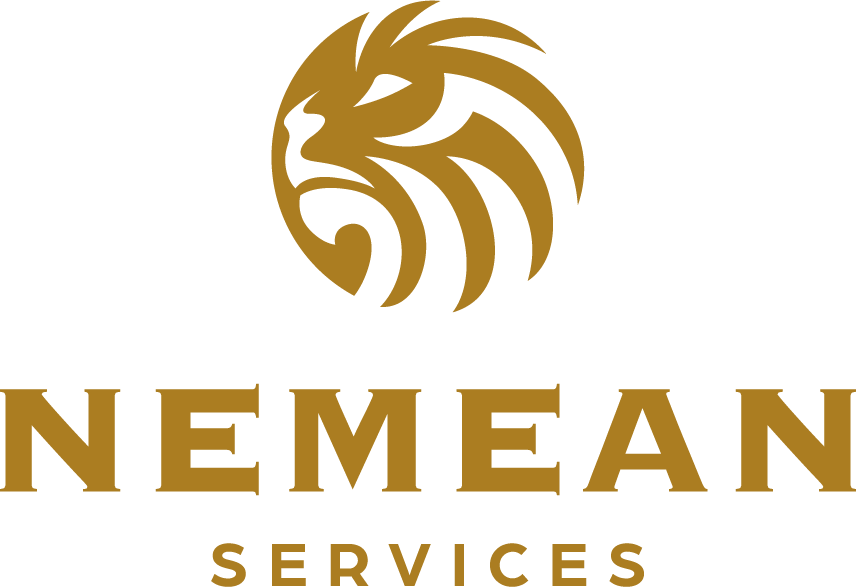%20(1)-3.jpg?width=100&name=bitcoin-crypto-news%20(3)%20(1)-3.jpg)
9th August, 2022
NFTs: not just a JPEG file
The wild seas of the cryptocurrency marketplace are not for everyone, especially not for those averse to sudden tribulations of unpredictable markets. The NFT asset class is different by nature. Like fine wine, the value of each piece is open to unique interpretations that offer adventures in value creation mechanisms for their owners. Trading in nonfungible tokens hit $17.6 billion last year, an increase of 21000% from 2020, according to a report from Nonfungible.com. This asset class became a destination for investors with a desire for tangible relatability. Owners can uniquely identify with their NFTs in sometimes unexplained and deeply personal ways. It’s a marketplace where ownership can be felt and ideas can be attached. Poetically speaking, it’s a fingerprint of a union between its creator and an owner, a union of their non-fungible value systems. It was just this year that someone spent $450,000 to become Snoop Dogg’s NFT House neighbour on the Metaverse. Their reasons for this acquisition: unknown and might never become known but they must be good.
It is thus presumptuous to underestimate the difference between the cryptocurrency "Bull and Bear market" and the NFT unique value trade. NFTs, if selected well and hold on tight, offer incredible value potential in developing digital art and collateralised lending marketplaces.
Property not currency
The development of NFT social trading platforms and collateralized lending pools tend to sway asset owners to capitalise on their assets rather than trade. NFTs carry brand value, a measurable emotional impact and at times an incredibly steep price, not likely to drop but rather carry. In April this year, an intelligence company Mitmark Intelligence, was called to gather proof for the case of supporting NFTs as “legal property.” In partnership with 36 Chambers, a specialist law firm, the case was won in the UK High Court. This precedent has revolutionalised our ownership system. The industry is still to catch up with new ideas and mechanisms that build upon its foundation to offer sophisticated financial vehicles.
The valuation process of NFTs and cryptocurrencies is vastly different, the investment goals are not alike, and the growth stability is arguably poles apart: so why then do we tend to keep them together in one hot wallet open to potential vulnerabilities? It’s akin to having a wine collection, and a suitcase of cash (all life savings) put together into one cellar with a wide-open door. Since one could potentially make more cash out of the wine in the cellar than from the amount of cash in that suitcase: it would make sense to keep them apart, wouldn’t it?



